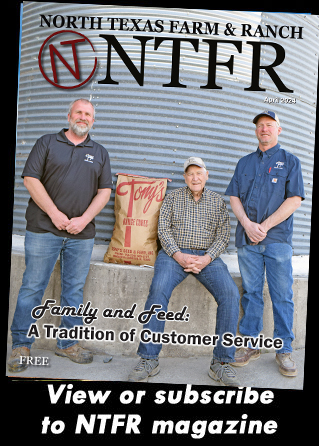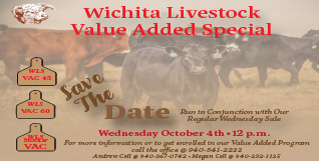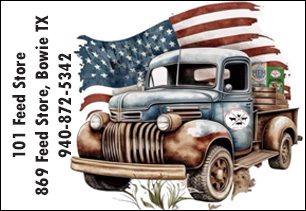Farm & Ranch
Tarrant County Extension To Host Veterinary Feed Directive Seminar On July 7
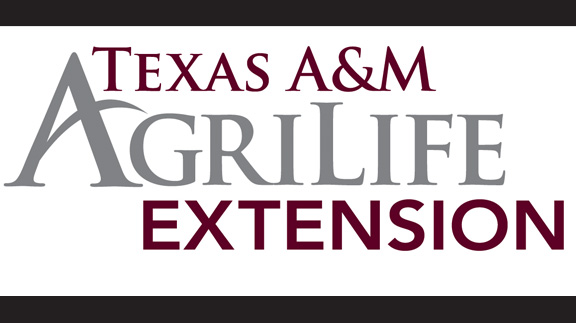
FOR IMMEDIATE RELEASE
Friday, June 24, 2016
Contact: Fred M. Hall,
Tarrant County CEA,
Ph: 817.884.1946;
email: [email protected]
Tarrant County Extension To Host Veterinary Feed Directive Seminar On July 7
The new Veterinary Feed Directive (VFD) has the potential to affect anyone who feeds a mediated ration and is set to take full effect on January 1, 2017. This seminar will begin the conversation that any feeder needs to have with their veterinary and feed provider. The program will be held from 6 to 9 p.m. on Thursday, July 7 in the Magnolia Room at the Tarrant County Resource Connection located at 1100 Circle Drive in Fort Worth. A veterinary feed directive is a written statement issued by a licensed veterinarian in the course of the veterinarian’s professional practice that orders the use of a VFD drug in or on an animal feed. This program will include Ben Jones, Associate Director of Compliance for the Office of the Texas State Chemist, he will address what the new rules include and why we have them, plus Dr. Lynn Post with the U.S. Food and Drug Administration will provide the federal perspective. Dr. Post is a veterinarian and toxicologist. Dr. Caitlyn Freeny, an ambulatory veterinary in Flower Mound, will address how the changes will effect producer and veterinary relationships. And finally Dr. Doug Hawkins, cattle consultant with Purina Animal Nutrition, will discuss how the new VFD will effect feed suppliers. The VFD final rule requires veterinarians to issue all VFDs within the context of a veterinarian-client-patientrelationship (VCPR), and specifies the key elements that define a VCPR. These key elements include that the veterinarian engage with the client (i.e., the animal producer) to assume responsibility for making clinical judgments about patient (i.e., animal) health, have sufficient knowledge of the patient by virtue of patient examination and/or visits to the facility where the patient is managed, and provide for any necessary follow-up evaluation or care. There are numerous drug compounds with more than 120 different uses that will be affected by this guidance across animal agriculture. Ionophore, coccidiostat and bacitracin products will not require a VFD unless used in combination with medically important antibiotics. While there is no registration fee, producers must pre-register for the event by 5 p.m. July 5. Registration may be done on-line at: http://agrilife.org/urbantarrantag/program-registration For more information contact your local Extension office. In Tarrant County, the Extension Office phone number is 817.884.1946.
-30-
Farm & Ranch
Ag Elsewhere: Wyoming
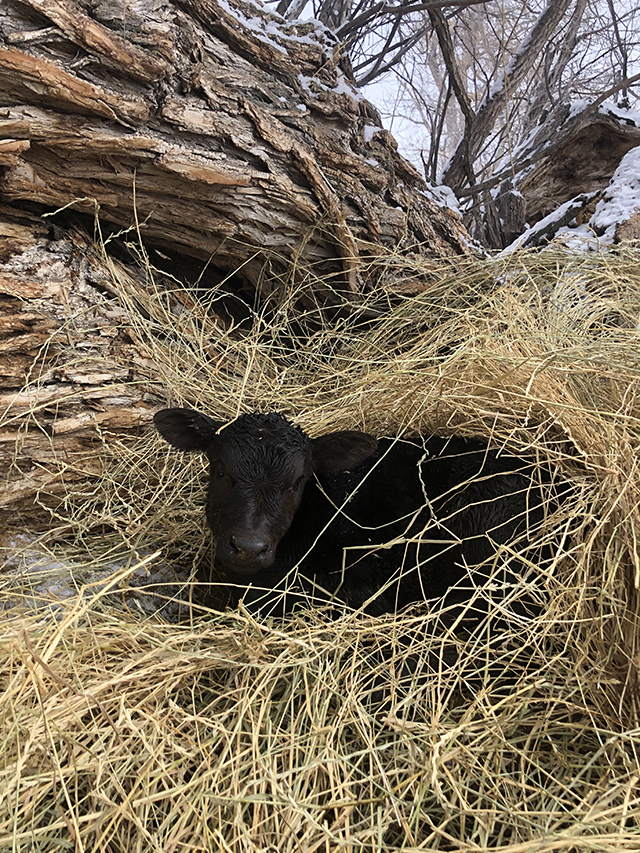
By Tressa Lawrence
Babies are tucked away in every nook and cranny. Many ranchers across Wyoming have baby animals popping up all over this time of year.
Farm & Ranch
Ag Elsewhere: Montana
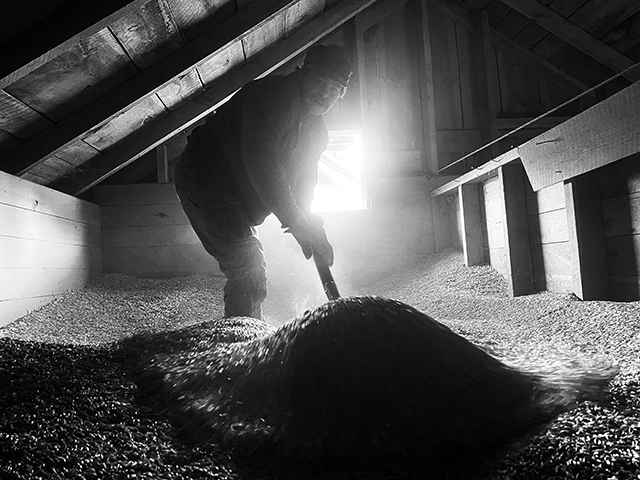
By Lindsey Monk
Another load of grain in to keep feeding the calves until the green grass can really start popping.
Farm & Ranch
Meanwhile, Back at the Ranch….
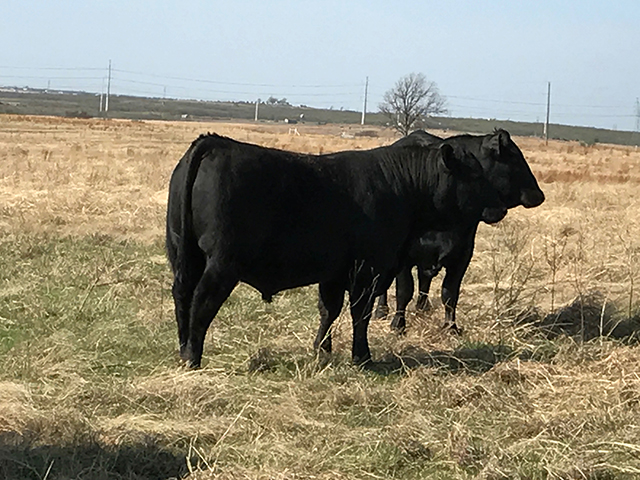
By Rayford Pullen | [email protected]
Spring has sprung and hopefully the rains will continue where our country will heal from the previous droughts and our grasses will thrive. We are especially hopeful for the Panhandle of Texas where our neighbors and friends have been dealt a deadly blow to homes, ranges, livestock, and people. Keep them in your prayers as they will not be able to return to normal for many years if at all. Having lost their ability to benefit from this great cattle market is a double whammy for all of them.
Now is the time of year when we need to take care of business as it relates to our new calves that have been hitting the ground this spring. First and foremost is vaccinating for Blackleg followed by deworming with a white wormer and the IBR complex. Blackleg is a soil-born disease and with pastures extremely short this spring our calves have been grazing the green grass as soon as it shows itself, making them even more vulnerable to picking contaminates from the soil.
To read more, pick up a copy of the April issue of NTFR magazine. To subscribe by mail, call 940-872-5922.
-

 Country Lifestyles1 year ago
Country Lifestyles1 year agoScott & Stacey Schumacher: A Growth Mindset
-

 Equine7 months ago
Equine7 months agoThe Will to Win
-

 Country Lifestyles7 years ago
Country Lifestyles7 years agoStyle Your Profile – What your style cowboy hat says about you and new trends in 2017
-

 Country Lifestyles4 years ago
Country Lifestyles4 years agoAmber Crawford, Breakaway Roper
-

 HOME7 years ago
HOME7 years agoGrazing North Texas – Wilman Lovegrass
-

 Country Lifestyles7 years ago
Country Lifestyles7 years agoDecember 2016 Profile, Rusty Riddle – The Riddle Way
-

 Country Lifestyles8 years ago
Country Lifestyles8 years agoJune 2016 Profile – The man behind the mic: Bob Tallman
-

 Country Lifestyles8 years ago
Country Lifestyles8 years agoCowboy Culture with Clay Reid – Being a Man

